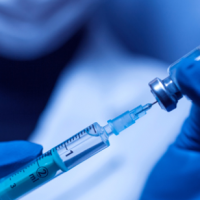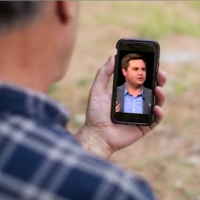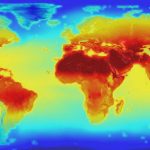At the second hearing of the House Select Committee to Investigate the January 6th Attack on the United States Capitol, former President Donald Trump’s top aides testified that they told him his claims of election fraud were baseless. What Trump characterized as “fraud” was just part of the “normal process,” as former Attorney General William Barr said in one instance.
Stories by Lori Robertson
Director, FactCheck.org
Q&A on Biden’s Gun Proposals
Pfizer Documents Show Vaccine Is Highly Effective, Contrary to Social Media Posts
Biden’s Economic Spin
What Gorsuch, Kavanaugh and Barrett Said About Roe at Confirmation Hearings
In the wake of the leaked Supreme Court draft opinion that indicates the court could overturn Roe v. Wade, some lawmakers have charged that conservative Supreme Court justices led them astray during Senate confirmation hearings. We’ll look at what the three most recent conservative justices had said about Roe.
What Happens if Roe v. Wade Is Overturned?
A leaked draft opinion indicated that the Supreme Court is ready to abolish the 1973 Roe v. Wade decision establishing a constitutional right to abortion. The draft isn’t final, but what happens if the court decides that Roe “must be overruled” and the issue of abortion returned “to the people’s elected representatives,” as the draft said?









